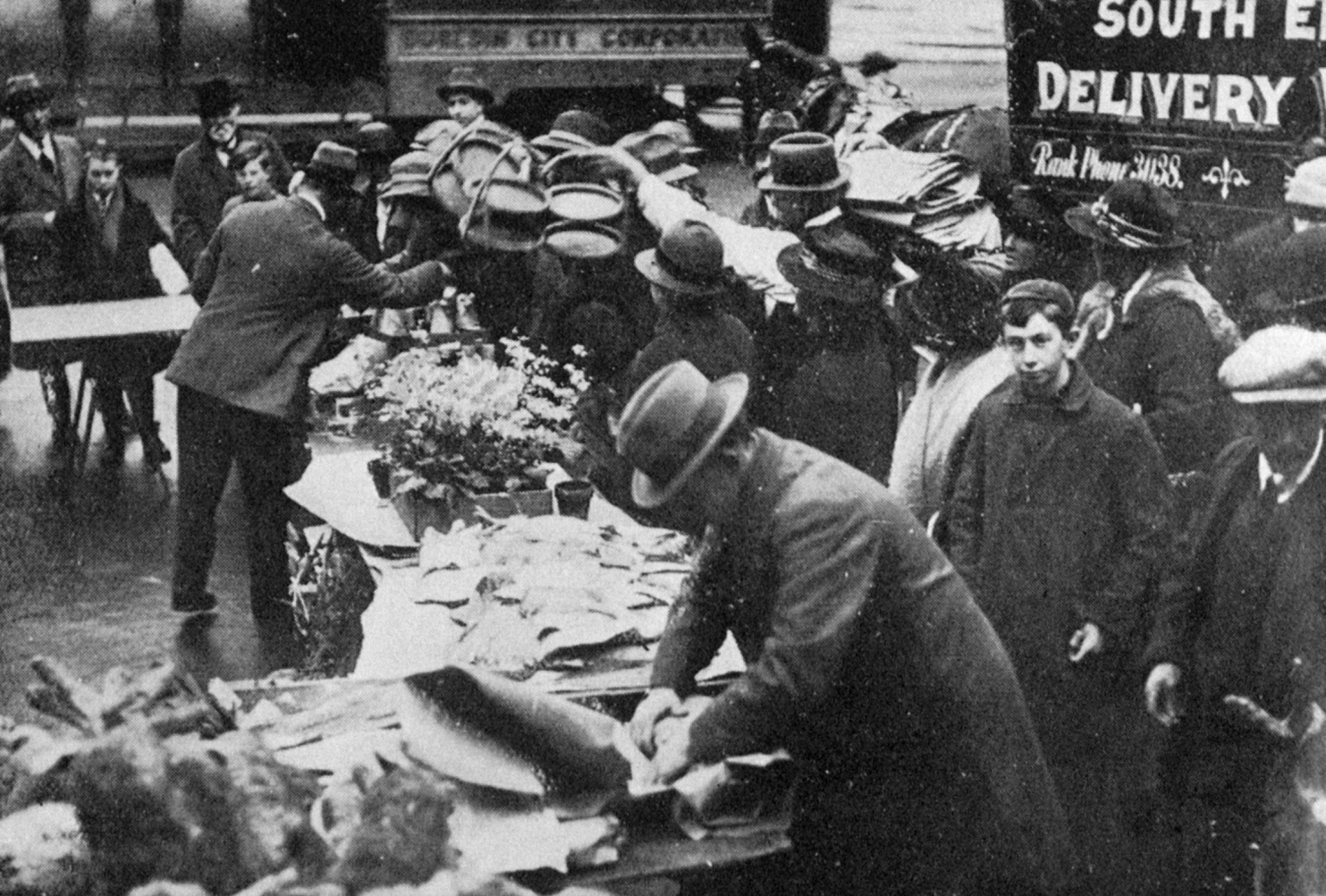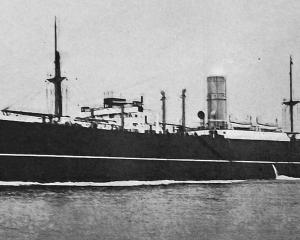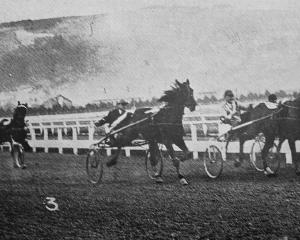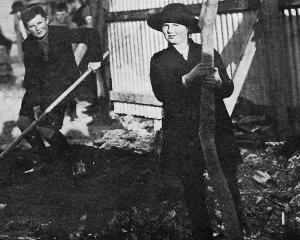

Germany drifts into crisis
It is impossible to ignore the unanimity with which the Berlin correspondents of prominent London journals emphasise the drift of Germany towards a crisis. Rudderless Germany, to use a nautical phrase, appears to have fallen off into the trough of the sea, and anything may befall her in such a situation. Speculation is rife respecting what may be the outcome of conditions which cannot indefinitely continue to grow worse without bringing an upheaval of some kind. The issue of paper money has reached grotesque dimensions. It is stated that the Reichsbank alone is manufacturing fourteen million separate notes daily, the lowest being for a thousand marks, equivalent in value to a farthing in English money, while numerous private printing works are issuing notes at a frantic speed so that the flood never ceases. A stage in the depreciation of the mark has been reached which staggers the imagination, and the effect of this upon the internal economic conditions is becoming more and more pronounced. The collapse of the mark has given a tremendous impulse to all the forces of discontent, disorder, and despair, and the country is rapidly drifting towards anarchy. The danger of civil war in Germany may be averted, but should there be an upheaval of that kind the effects will not be felt by Germany alone. — editorial
Desert mail coach plan
A contract to carry mails across the Syrian desert between the Palestine port Haifa and Baghdad by motor car has been granted by the Iraq government to Mr Norman Nairn, an adventurous New Zealander who has organised a desert motor transport service which has revolutionised travel between Egypt, Palestine, and Mesopotamia. The time of transit for letters between London and Baghdad will be reduced from 21 to eight days. Since 1921 Mr Nairn’s desert express service has been daily carrying the mails between Haifa and Beirut, a distance of 110 miles, and delivers the Egyptian mail in 19 hours instead of the three to four days required under the old conditions. He also carries numbers of tourists between Beirut, Damascus, Jerusalem, and Palmyra, under conditions which were undreamed of four years ago. Mr Nairn recently made two trial trips across the desert to Baghdad, which convinced him that it would be possible to carry on a regular transport service between Baghdad and the Mediterranean ports, whence the railway runs to Egypt. To this end he designed special cars fitted with condensers which will return water to the radiators. His aim is now to establish a weekly service between Baghdad and Haifa via Damascus. — ODT, 30.7.1923
Compiled by Peter Dowden












